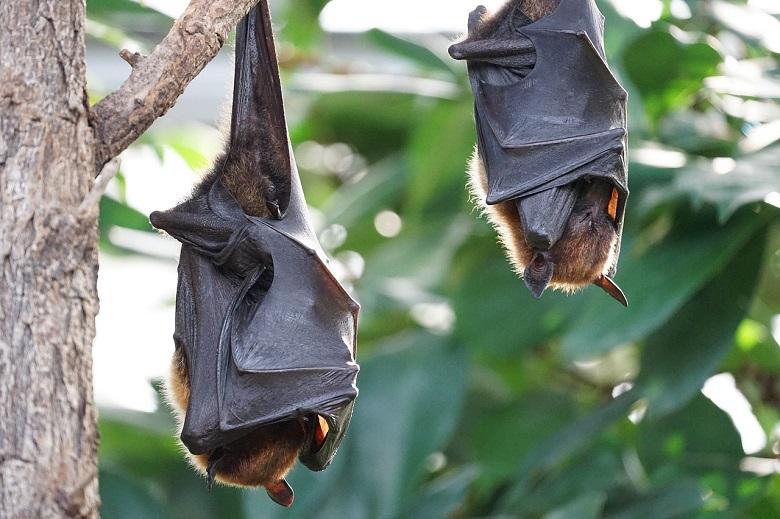The waiver rule is one of the basic rules that apply in the fight against the corona pandemic. The purpose of this rule is to thwart the spread of the virus.
A simple rule that many have a hard time with, but in some species, in the animal kingdom, this technique is applied automatically. For example, new research published in Behavioral Ecology shows that vampire bats spend less time with their own kind when they are sick.
It has long been known that some insects go into self-isolation when they feel sick. Bees go one step further and even ban sick bees from the colony to prevent the spread of the disease. With the advent of the coronavirus SARS-CoV-2, people have also introduced the distance rule into society and even made it mandatory.
Such a rule is superfluous in vampire bats, according to research from Oxford University. Sick bats – which can carry and spread deadly viruses for humans and themselves – automatically spend less time with their healthy congeners.
The Oxford University scientists examined 31 female bats they caught at the Lamanai archaeological site in Belize, Central America. They injected half of them with a substance that induces a violent immune reaction. The remaining half received a saline solution (placebo). Finally, all bats received a chip so that they could be tracked and were released.
What turned out? The sick bats, in which an immune response had been elicited, saw an average of four conspecifics less than a healthy bat in three days. And when the sick vampire bats met a healthy conspecific, the time they spent together was cut by about half an hour. Those differences diminished once the sick bats were healed.
The researchers conclude that the distance rule is also an effective method for bats to prevent the spread of a virus.
